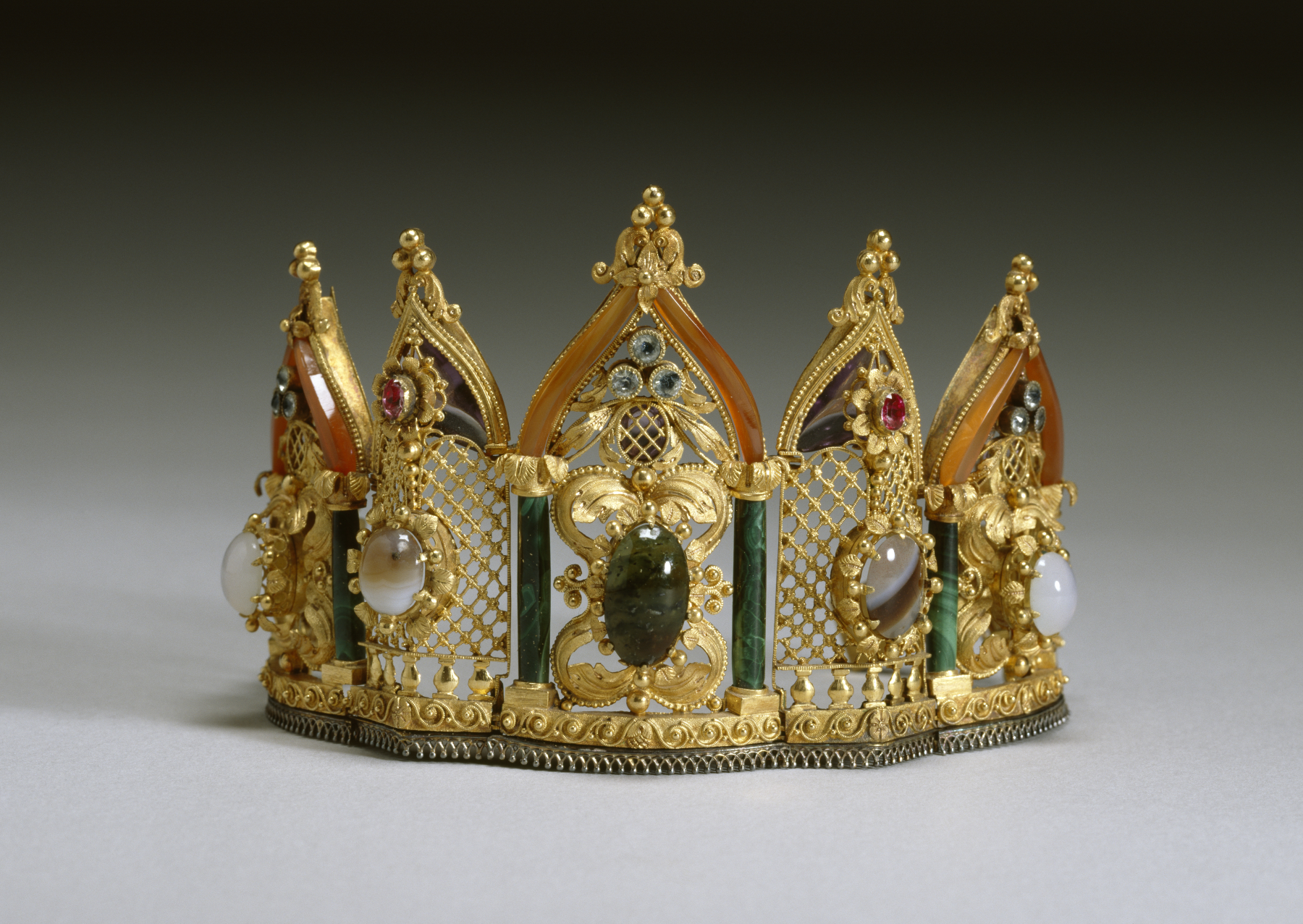
Chanukah
Monarchy of the Chashmonaim
By Rav Mosheh Twersky HY"D

Rosh Hashanah
Vayigdal Mosheh: Inyanei Rosh Hashanah
By Rav Mosheh Twersky HY"D

Rosh Hashanah
Mussaf of Rosh Hashanah: Malchuyos, Zichronos, & Shofaros – An In-Depth Shiur
By Rav Mosheh Twersky HY"D
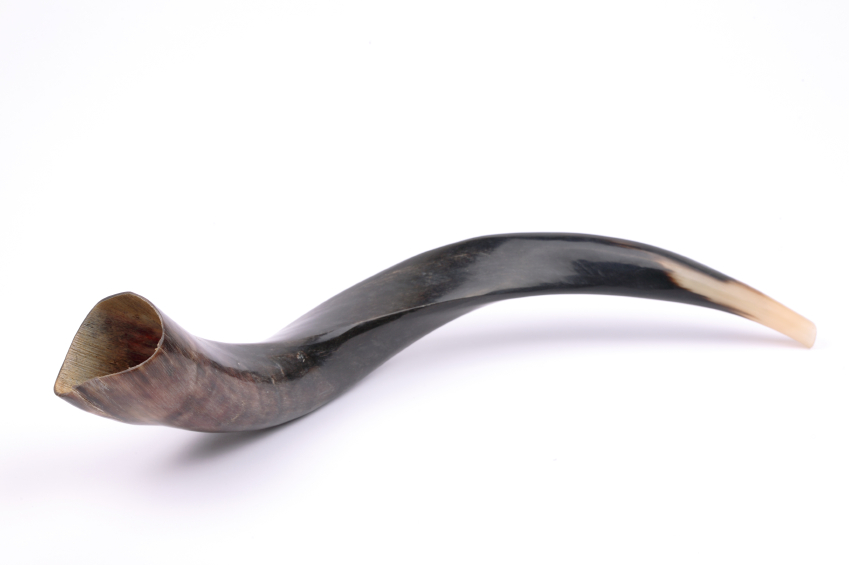
Rosh Hashanah
Interruptions During Tekias Shofar: An In-Depth Shiur
By Rav Mosheh Twersky HY"D
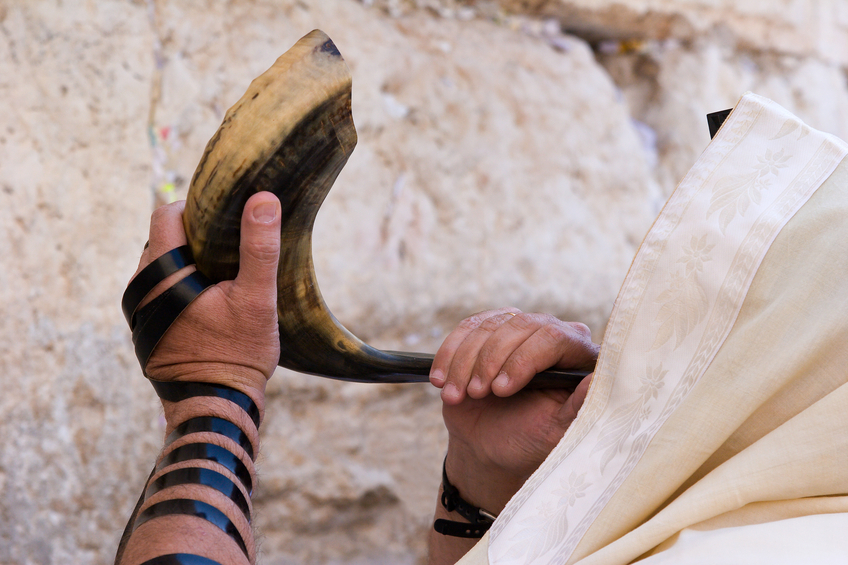
Rosh Hashanah
Maaseh D’Magentza (Part II of In-Depth Shiur)
By Rav Mosheh Twersky HY"D
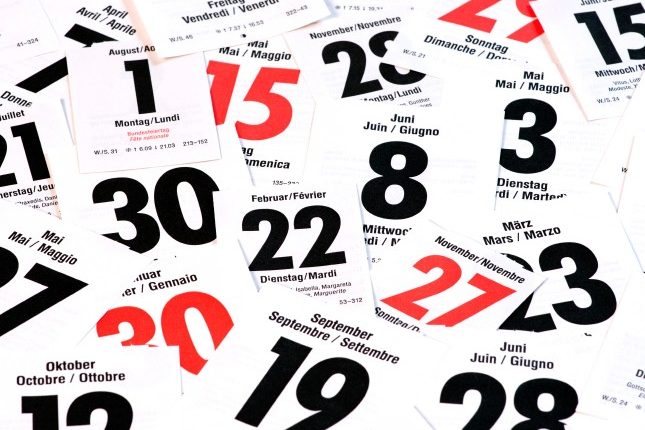
Elul
VaYigdal Moshe on Rosh Chodesh Elul
By Rav Mosheh Twersky HY"D
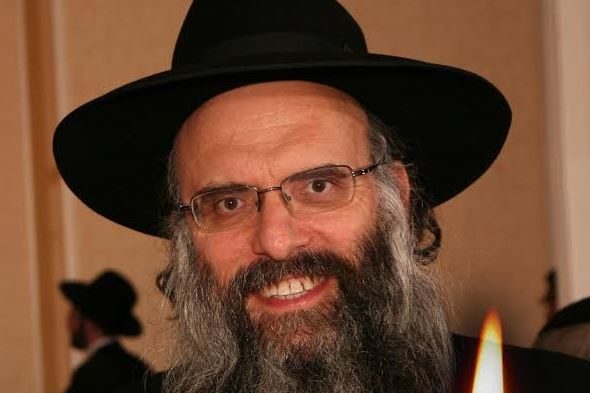
Fast of Tisha B'Av
VaYigdal Moshe on Tisha b’Av
By Rav Mosheh Twersky HY"D
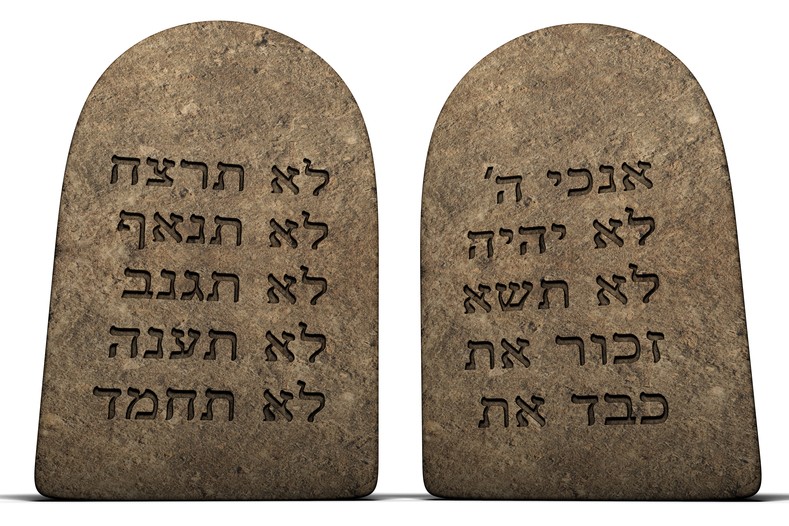
Shavuot
Vayigdal Moshe on Shavuos
By Rav Mosheh Twersky HY"D

Passover
Ha Lachma Anya and Daled Kosot
By Rav Mosheh Twersky HY"D

Purim
Purim: V’nahafoch Hu
By Rav Mosheh Twersky HY"D
- 1
- 2
Subscribe To The OU’s Shabbat Shalom Weekly Newsletter
Weekly email newsletter filled with articles, Divrei Torah, upcoming events and more! Sign up today.